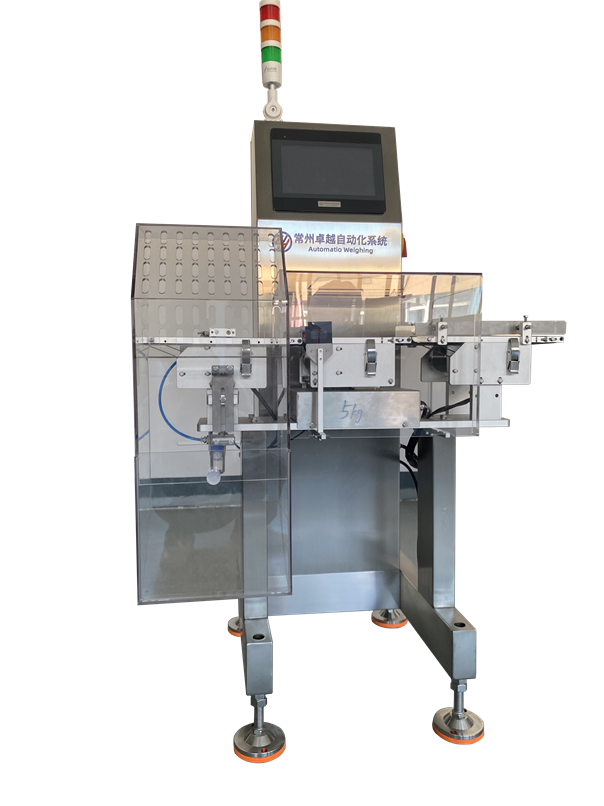What is the difference between a dynamic checkweigher and a static checkweigher?
A dynamic checkweigher is a high-precision weight measuring instrument designed to check the weight of individual products on a production line during production.
checkweighers are primarily used as part of a manufacturing quality control program where their weighing results are required to ensure that production sites comply with local packaging laws and regulations during production.

The main difference between static and dynamic
checkweighers is that static checkweighers measure the weight of stationary products, while
Dynamic Checkweighers weigh products in motion; static checkweighers are used for manual weighing or sampling of products, while
Dynamic Checkweighers automatically check 100% of the products produced.
Static checkweighing is a labor-intensive process that requires weighing the product manually, recording the result manually, and then removing the product for the next weighing procedure. Dynamic checkweighing is fully automatic. Products are weighed as they pass through the production line, and products that are underweight are automatically rejected.
